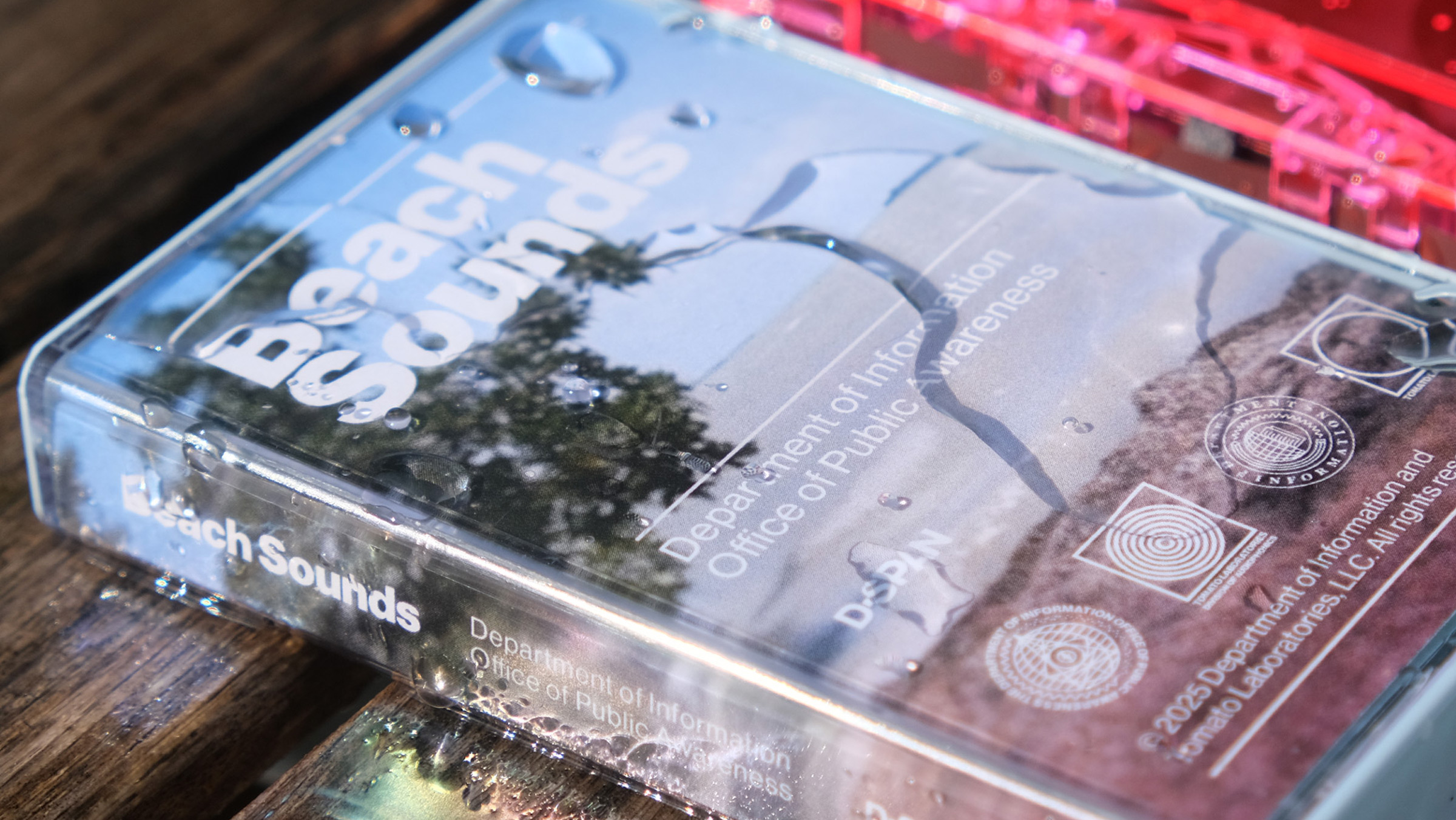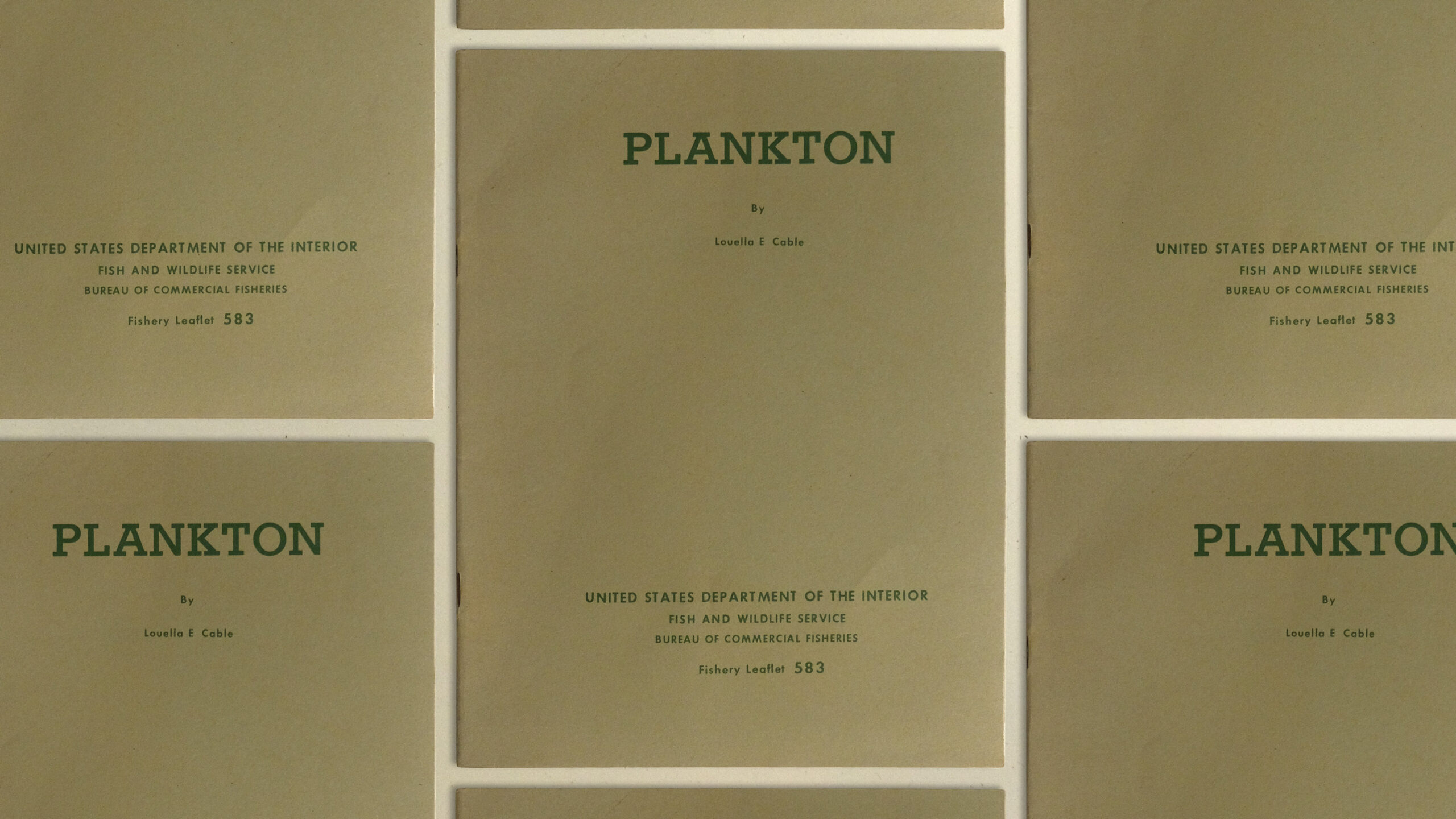| bio·re·gion·al·ism | noun |
A kind of cultural and political localism with an ecological foundation, cited by environmentalist movements advocating political boundaries coincide with bioregions.
[fts_twitter tweets_count=10 cover_photo=no stats_bar=no show_retweets=no show_replies=no search=bioregionalism]
Similar to many indigenous cultures’ relationships to land, bioregionalism is first and foremost based on observation and recognition of what grows where, as well as an appreciation for the complex web of relationships among those actors. More than observation, it also suggests a way of identifying with place, weaving oneself into a region through observation of and responsibility to the local ecosystem.
Jenny Odell, How to Do Nothing: Resisting the Attention Economy
Peripheral Resources


Select Examples
The essence of bioregionalism has been a common notion for Native people for thousands of years, and still remains so for most human beings today.
Carlita del Sol, @MoveGen
What is bioregionalism? To achieve sustainable development, to halt the forth coming extinction crisis, to mitigate & adapt to climate change we must reconnect with the world around us. Consume less, live more #sdgs4all #foodcitizenship
@foodture_irl



